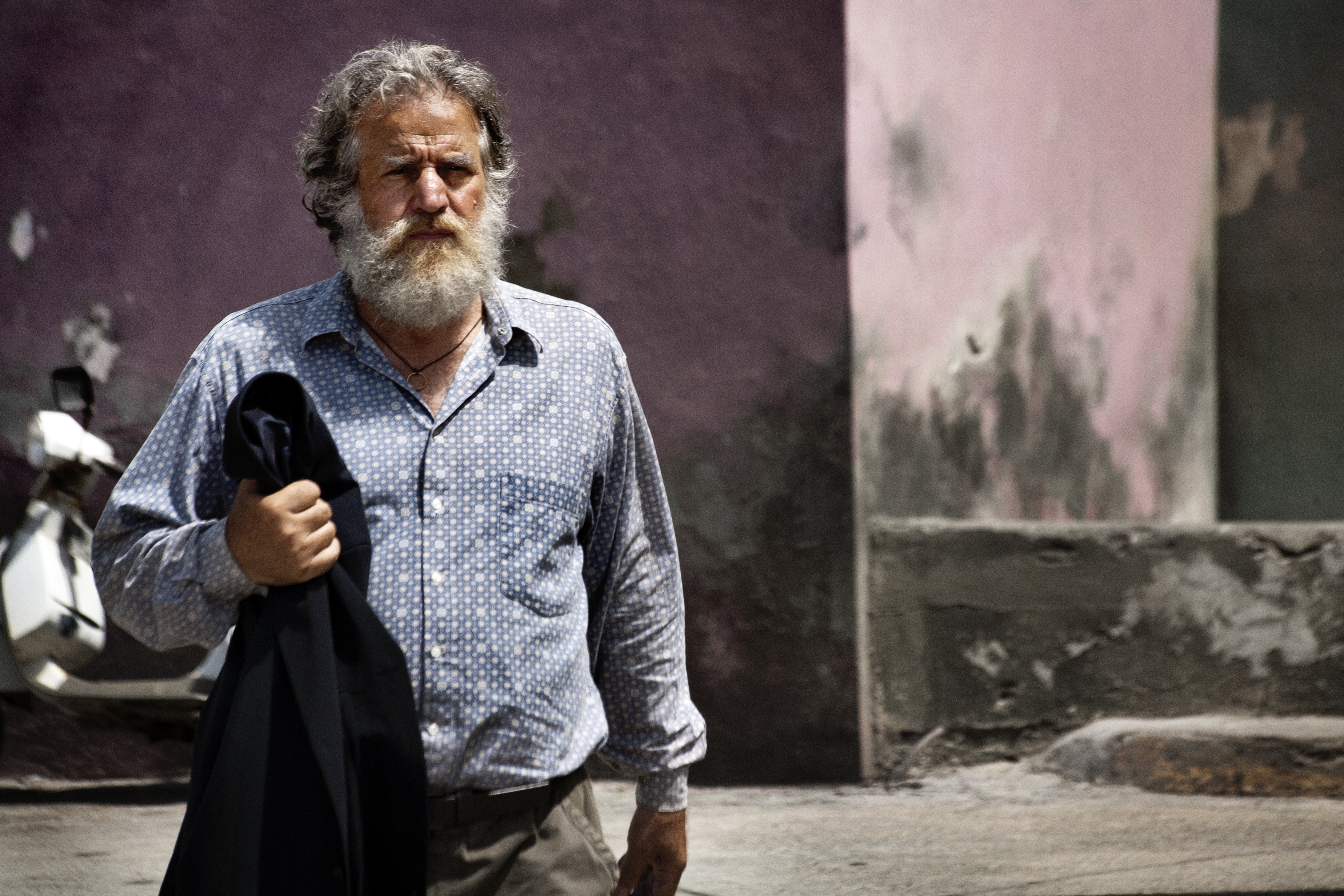Terraferma
Opens Fri., Aug. 16 at Varsity. Rated R. 88 minutes.
The setting is a remote volcanic island off Sicily that looks like a lot of other harshly beautiful locales in Italian neorealist cinema. The family isn’t destitute, but the old fishing trade is dying, and they could make more money renting their house to summer tourists, then move to shore. And the 20-year-old son, Filippo (Filippo Pucillo), has no prospects and little education—he can’t even speak proper Italian without a dialect, his widowed mother (Donatella Finocchiaro) frets. These people in the southernmost outpost of Europe are lagging far behind the affluent north; yet their island is a gateway for boats full of migrants who have it even worse in Africa.
Out fishing with his stubborn, leonine grandfather (Mimmo Cuticchio), Filippo spots a stranded raft. Before the coast guard arrives, they’ve impulsively rescued a few swimmers. The men flee on shore, leaving them with a pregnant Ethiopian woman (a non-professional and former refugee billed only as Timnit T.) and her young son. Harboring migrants is illegal, and the local police are unyielding sticklers, so what should they do?
Director Emanuele Crialese previously addressed the immigrant experience in Golden Door, with Sicilian peasants arriving at Ellis Island, there to be confounded by a strange new land. By contrast, Terraferma is confined to the shoreline: One wave of immigrants is arriving at a place where the natives yearn to leave. Crialese leaves the irony implicit, while mostly dwelling on the textures and traditions of the ancient, unforgiving island (actually Lampedusa, closer to Africa than Sicily).
Still, Crialese’s characters never get beyond type, and Pucillo is a woefully broad and callow young actor, given to incessant mugging. Terraferma sketches a drama of situation, if not depth or subtlety. You wish Crialese had developed his topical themes further—or that someone else had done it for him. Filippo and his family get no help from their government, and they naturally feel solidarity with these poor, oppressed newcomers. In a real sense, they’re all in the same boat.
bmiller@seattleweekly.com








